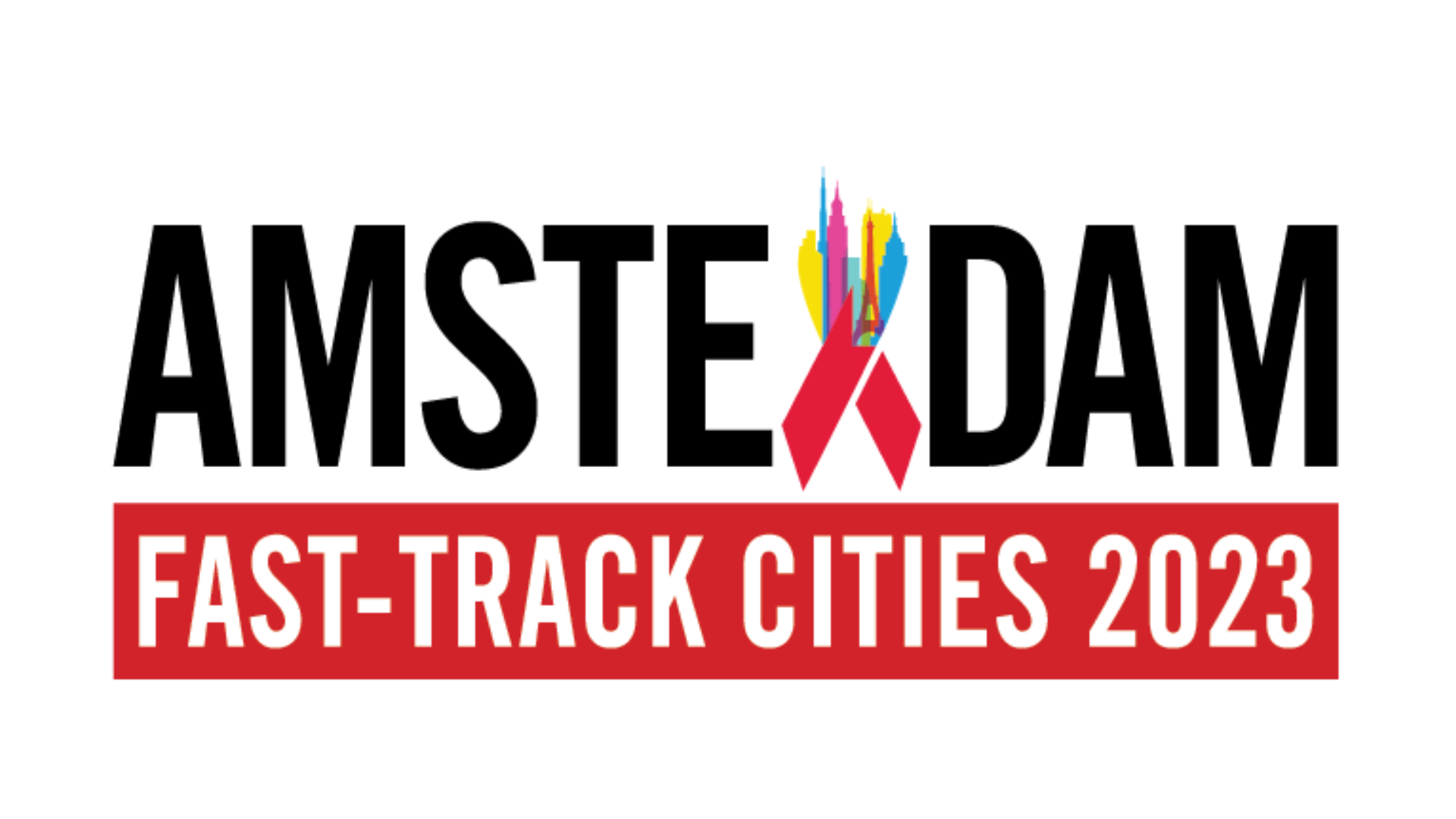
Every year on 1st December, the world commemorates World AIDS Day. A day we unite to remember those who have died from AIDS-related illnesses and reflect upon our worldwide responses to the HIV/AIDS epidemic.
Today marks the 40th year of the fight against AIDS. A benchmark. The theme of World AIDS Day 2021 is “End inequalities. End AIDS”, aiming to highlight the growing inequalities in access to essential HIV services. As we experience a new pandemic, this becomes more relevant than ever. COVID-19 has exacerbated inequalities, and impacted people living with HIV/AIDS, particular in terms of access to testing, treatment and health services.
There are alarming statistics mentioned in the newly-shared press release “HIV, viral hepatitis, and STIs: Let’s make up for lost time against the epidemics!” by the Coalition Plus and EuroTEST initiative, launched on 28th November 2021, the last day of European Testing Week.
A study conducted in 44 countries proves a 35% drop in HIV screenings between 2019 and 2020 among key populations. The number is even higher among sex workers, who were severely affected by the COVID-19 pandemic, with 59%.
Inequality defines infection patterns
The newly launched Global Aids Strategy 2021 – 2026, aims to respond to the inequalities that exist between key populations in different countries and regions. Although key populations have been able to maintain access to life-saving HIV services in some settings, such as pre-exposure prophylaxis (PrEP) and harm reduction – even during COVID-19 lockdowns -, there is a critical and sharp decline in testing caused by the very pandemic that is affecting those most marginalized and underserved.
Building upon this framework, and Political Declaration from last June, on this day we call on the following priority actions to ensure that testing, treatment and care remains accessible for the already marginalized and underserved communities we work for and with.
Intensify and redouble efforts to scale up comprehensive harm reduction for people who use drugs in all settings, including needle-syringe programmes, opioid substitution therapy, as well as prevention, diagnosis and treatment of HIV/AIDS, viral hepatitis, tuberculosis community-led outreach and psychosocial support.
Ensure that sexual and reproductive health and rights services are non-judgmental and non-discriminating, developing programmes to eliminate HIV-related stigma and discrimination, while fostering initiatives that address the cross-cutting dimensions of stigma and discriminations faces by key populations.
Urgently expand access to combination HIV prevention, including PrEP and harm reduction. To ensure that services articulate person-centred and integrated care models that focus on quality of live outcomes beyond viral suppression goals.
Gender-responsive harm reduction programmes for people (including adolescents and young people) who use stimulant drugs or other new psychoactive substances must be introduced and scaled up.
Take urgent actions against the criminalizing laws, policies, and law enforcement practices against people who use drugs, sex workers, migrants, people of diverse SOGIESC, racialiced people, as well as for the redress of criminalization’s negative effects on HIV, viral hepatitis and other health issues.
Strengthen community-led and community-based harm reduction programmes and to advance community leadership and advocacy, ensuring adequate resources, funding, and enabling eviroments. Within interventions among key populations, a significant increase in resources is needed for combination harm reduction services for people who inject drugs.
Ending AIDS by 2030
Do you also agree that ending inequalities would end AIDS? What does your organisation or you personally do to reach the elimination goals by 2030? What are your recommendations to end AIDS by 2030? Share them online with the hashtag #HRAtWork. We are here to support and strengthen your work.
UNODC Webinar
The UNODC is organising a webinar called “Reflecting on the persistent inequalities that prevent progress in ending the AIDS pandemic” on 2nd December, 10:00-11:30 CET.
Please click here and join the meeting directly tomorrow.